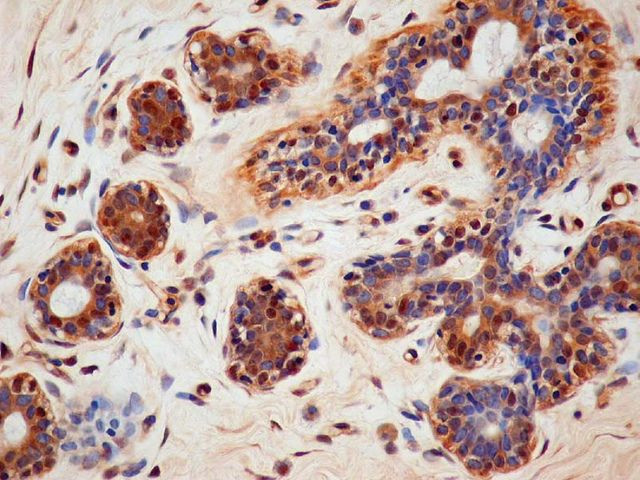Genetic Mutations Identified In 12 Major Cancers: Will There Soon Be A Test To Detect All Tumors?

Many types of cancer may be underpinned by the same genetic mutations, according to a new study. Researchers at the Washington University School of Medicine have determined that in 12 major types of the disease, the tumor growth is driven by the same 127 genetic mutations. By illuminating these mutation patterns, the findings may inspire new diagnostic tools and treatment programs.
The study, which is forthcoming in the journal Nature, analyzed the DNA of over 3,000 tumors. According to senior author Li Ding, the research team found that such genetic analyses consistently yielded signs of the same set of mutations. For example, a genetic mutation that occurs in a quarter of all leukemia cases was identified in tumors of the neck, head, breast, kidney, lung, uterus, and ovary.
The insights suggest that future oncological diagnosis may involve a single comprehensive test that looks for all mutations associated with cancer. By establishing a more accurate profile of the tumor growth, such genetic analysis could set the stage for more effective and personalized therapies.
"Because we now know, for example, that genes mutated in leukemia also can be altered in breast cancer and that genetic errors in lung cancer also can show up in colon and rectal cancer, we think one inclusive diagnostic test that includes all cancer genes would be ideal," Ding said in a press release. "This would provide a more complete picture of what's going on in a tumor, and that information could be used to make decisions about treatment."
The study showed that the well-known cancer gene TP53 had the highest likelihood of occurring across samples from different areas. The mutation was identified in 42 percent of analyzed tumors of the head, breast, uterus, rectum, bladder, and lung. TP53 is associated with a particularly poor prognosis in cases of kidney cancer and acute myeloid leukemia.
These new advances in cancer research have been made possible by continued breakthroughs in DNA sequencing – a method of analysis whereby the basic building blocks of an organism’s genome are examined. In recent years, the rapid advancement of sequencing technology has given rise to much faster and cheaper methods. For researchers like Ding, this has opened up a world of new possibilities.
"This is just the beginning," she said. "Many oncologists and scientists have wondered whether it's possible to come up with a complete list of cancer genes responsible for all human cancers. I think we're getting closer to that."
Cyriac Kandoth, Michael D. McLellan, Fabio Vandin, Kai Ye, Beifang Niu, Charles Lu, Mingchao Xie, Qunyuan Zhang, Joshua F. McMichael, Matthew A. Wyczalkowski, Mark D. M. Leiserson, Christopher A. Miller, John S. Welch, Matthew J. Walter, Michael C. Wendl, Timothy J. Ley, Richard K. Wilson, Benjamin J. Raphael, Li Ding. Mutational landscape and significance across 12 major cancer types. Nature, 2013



























